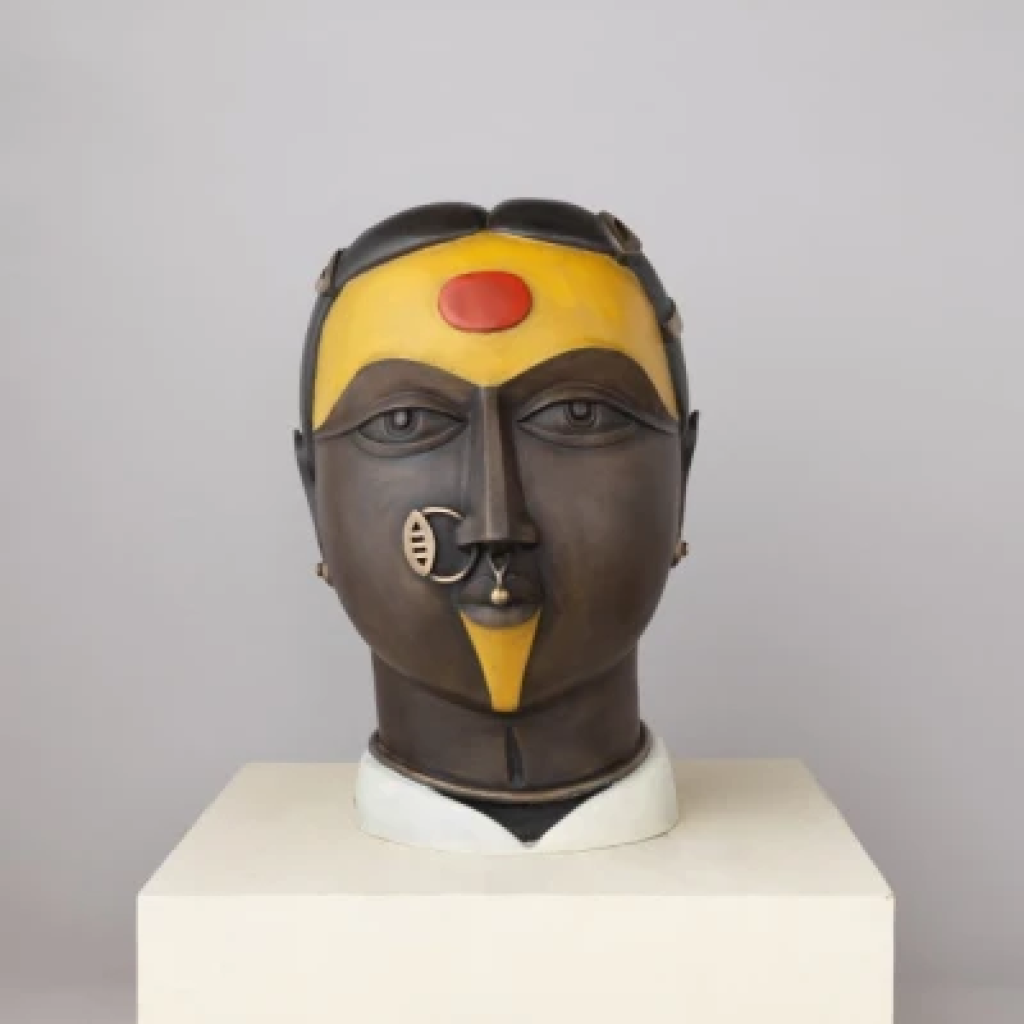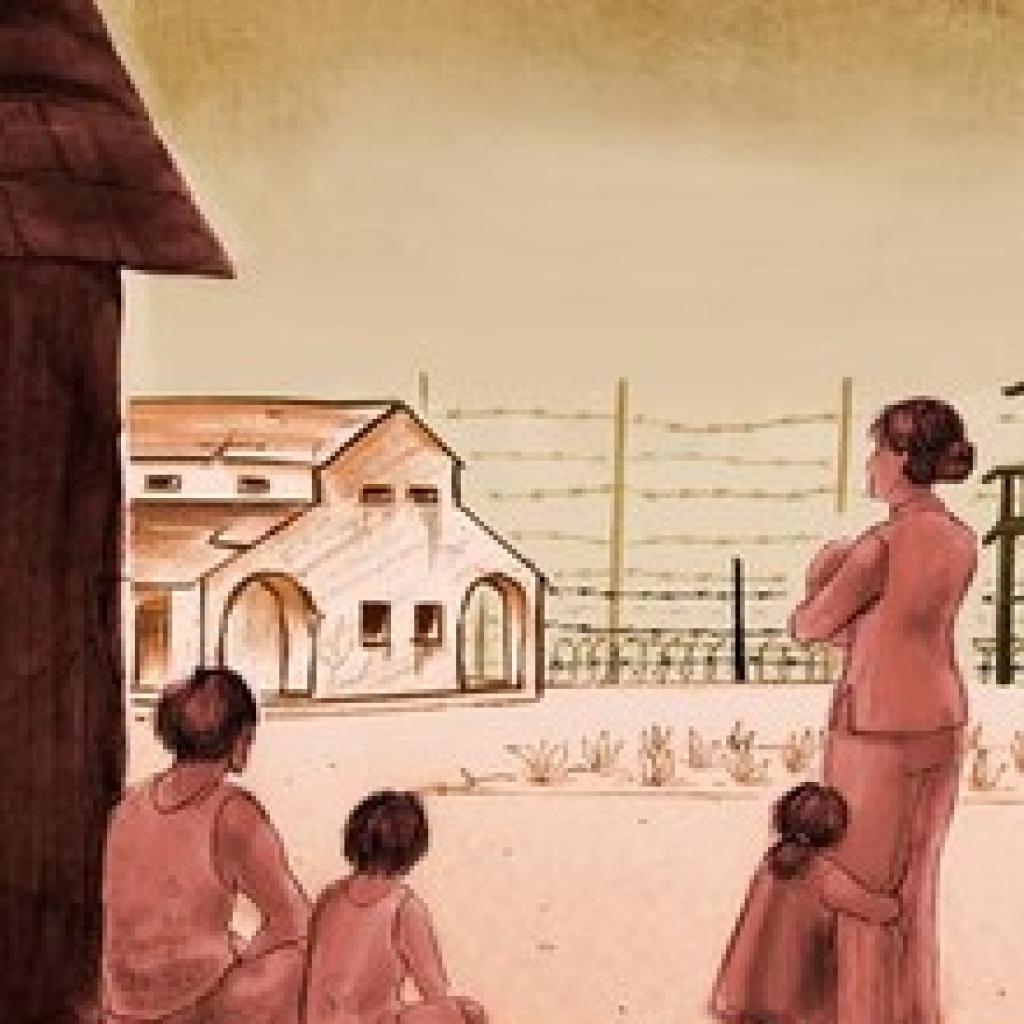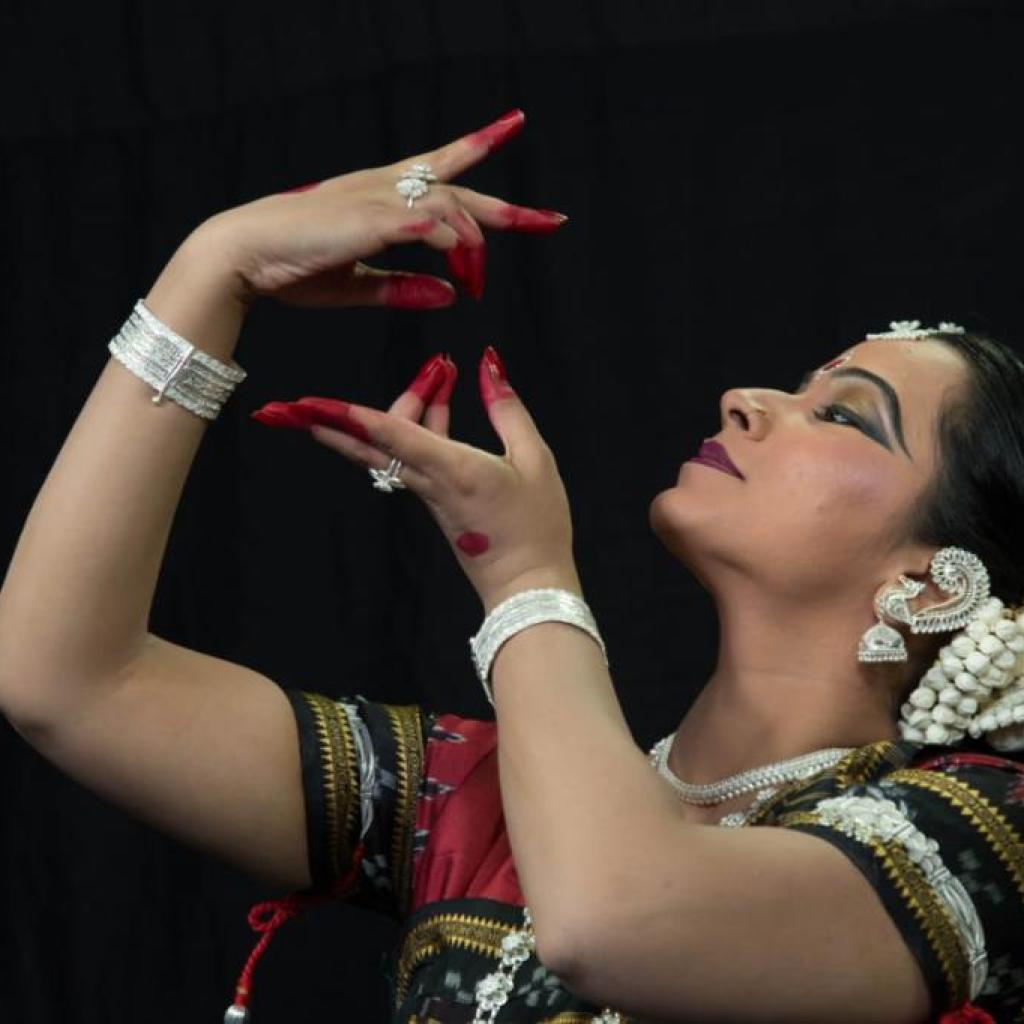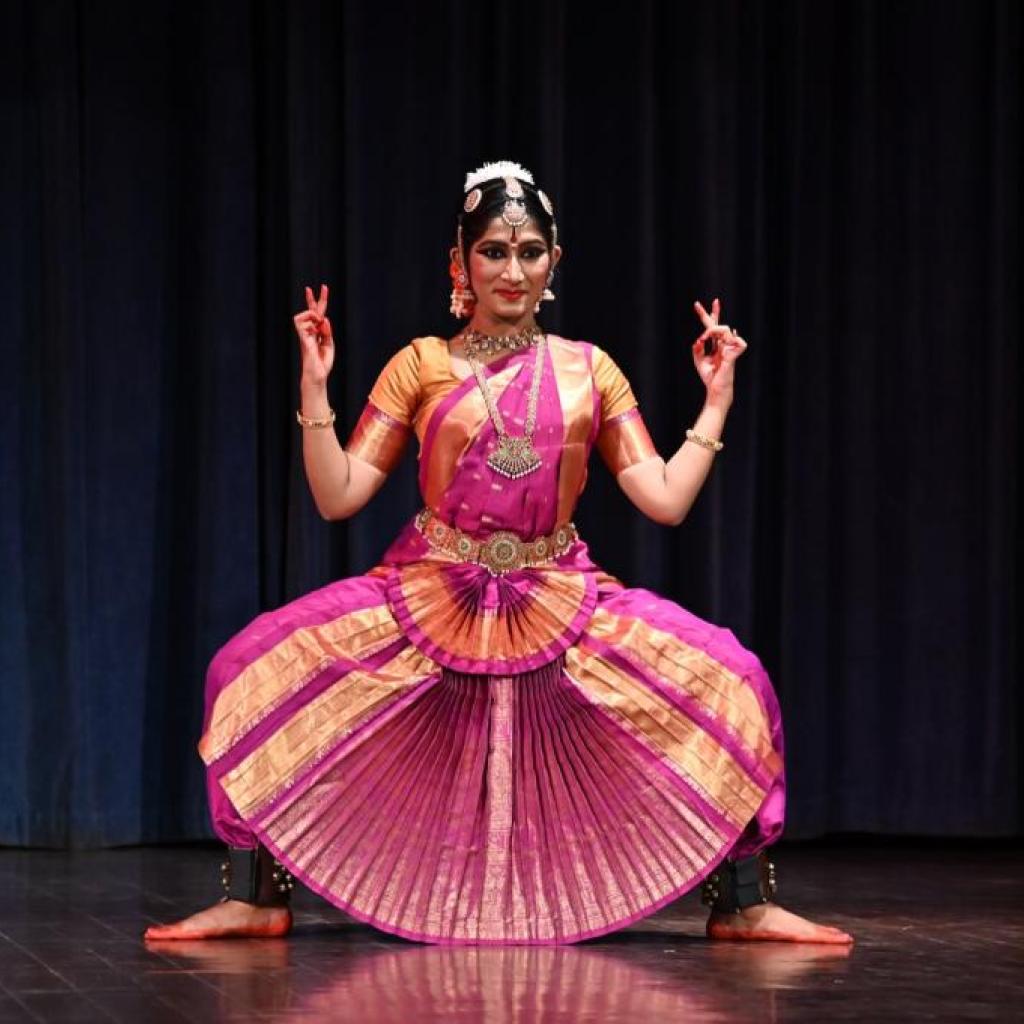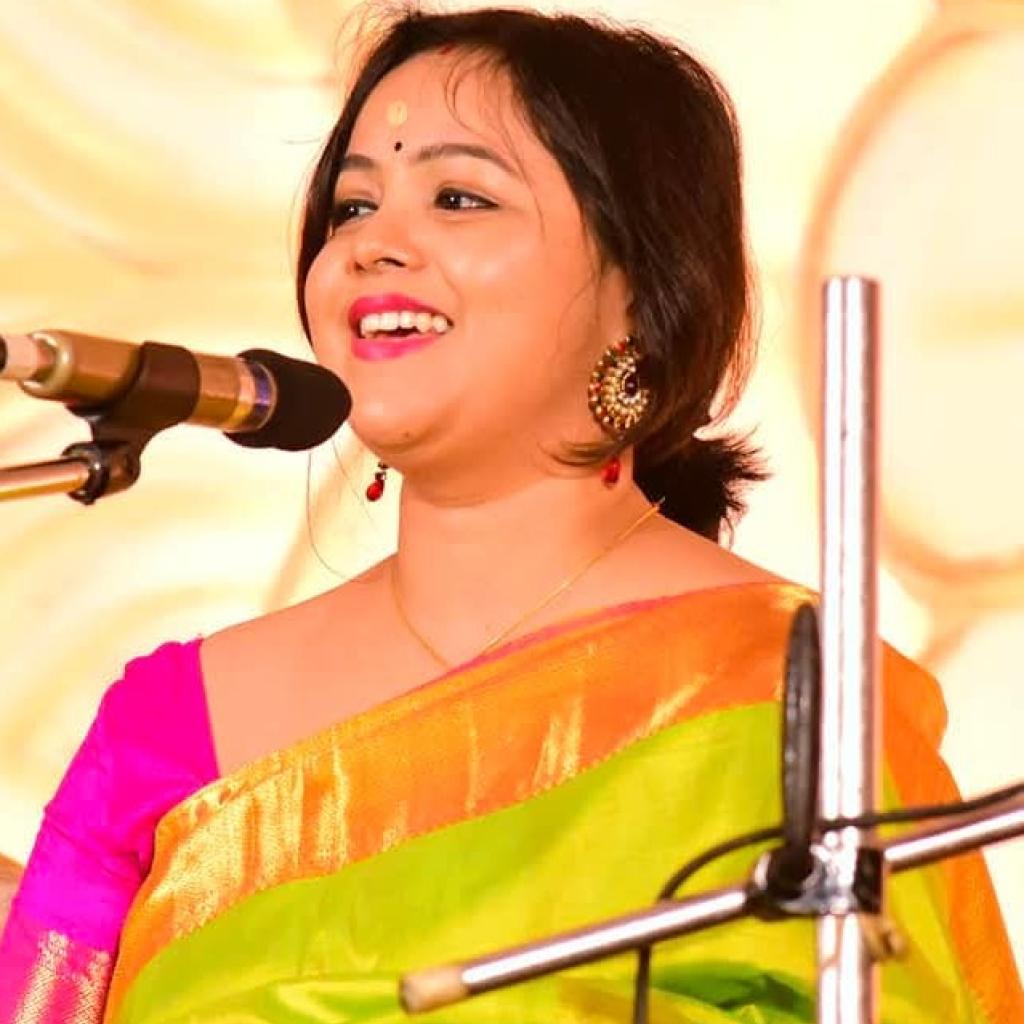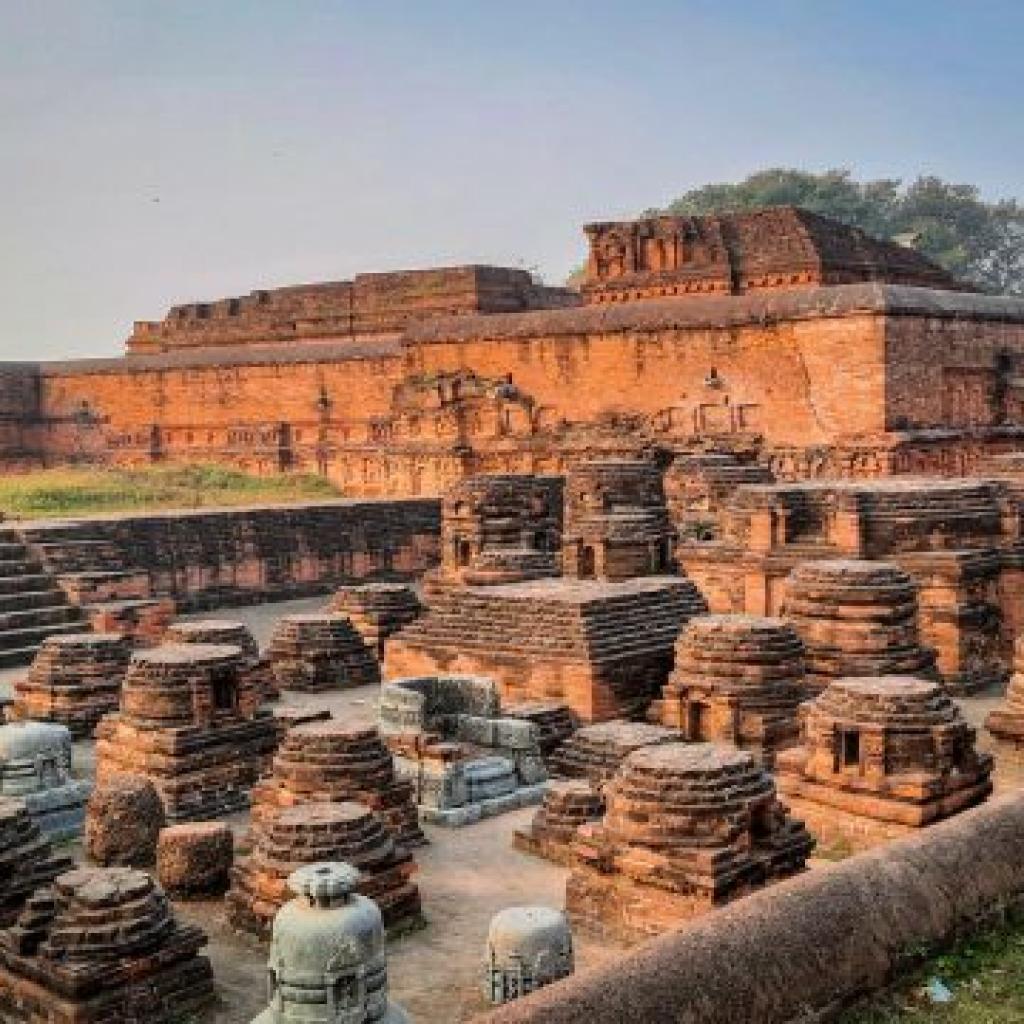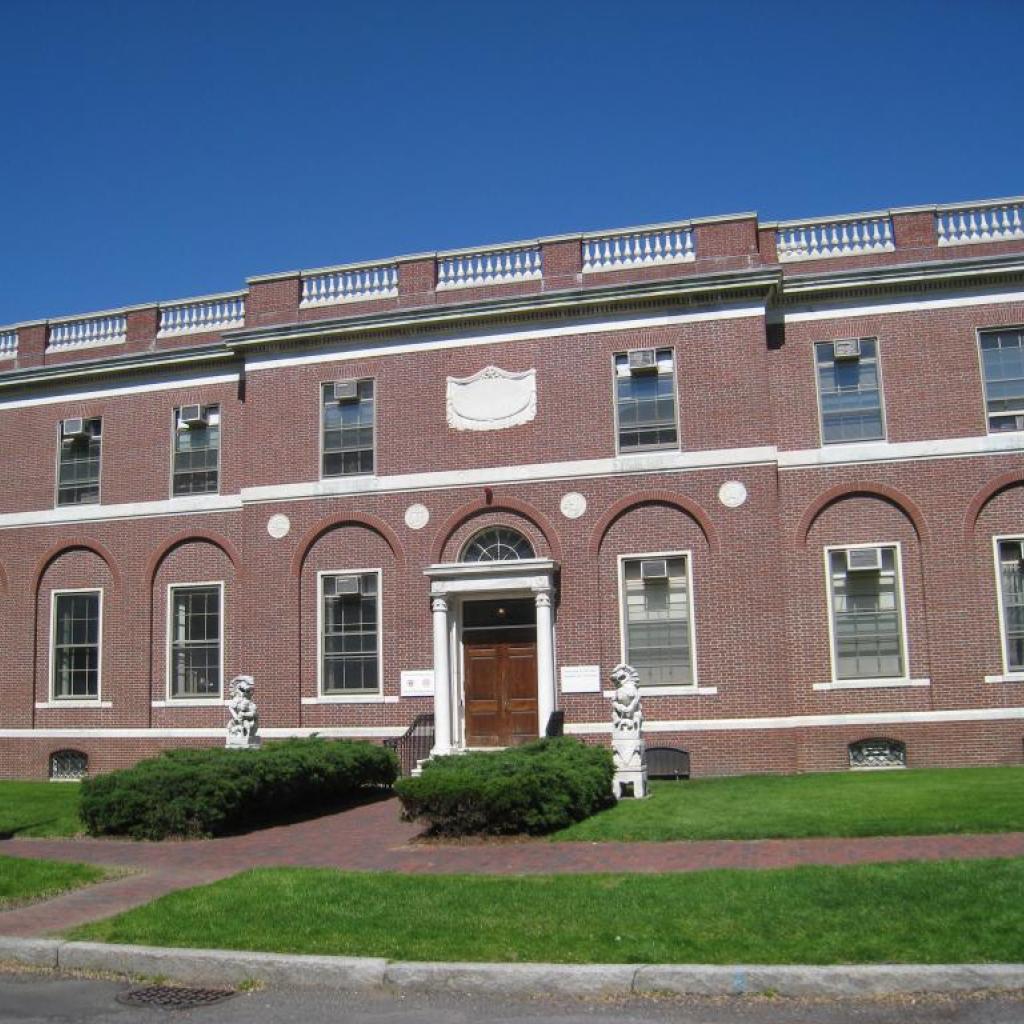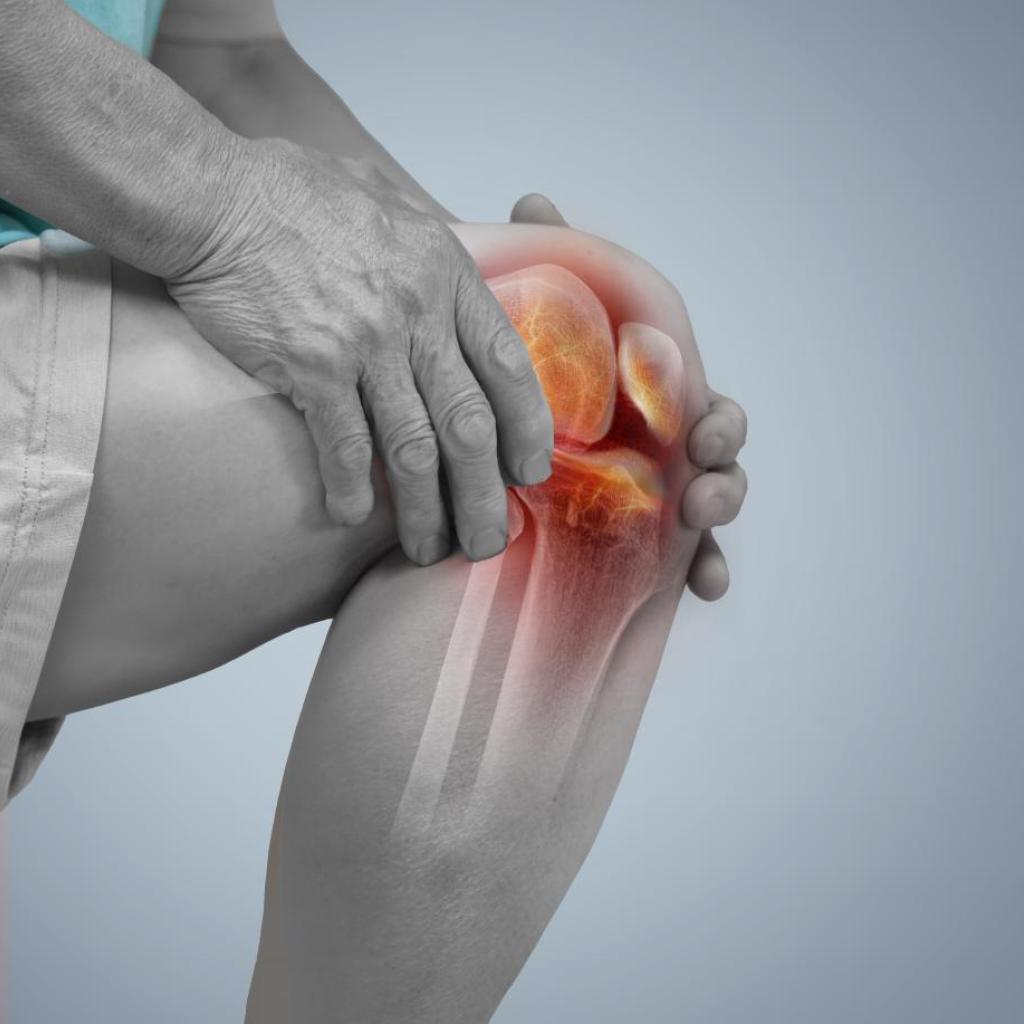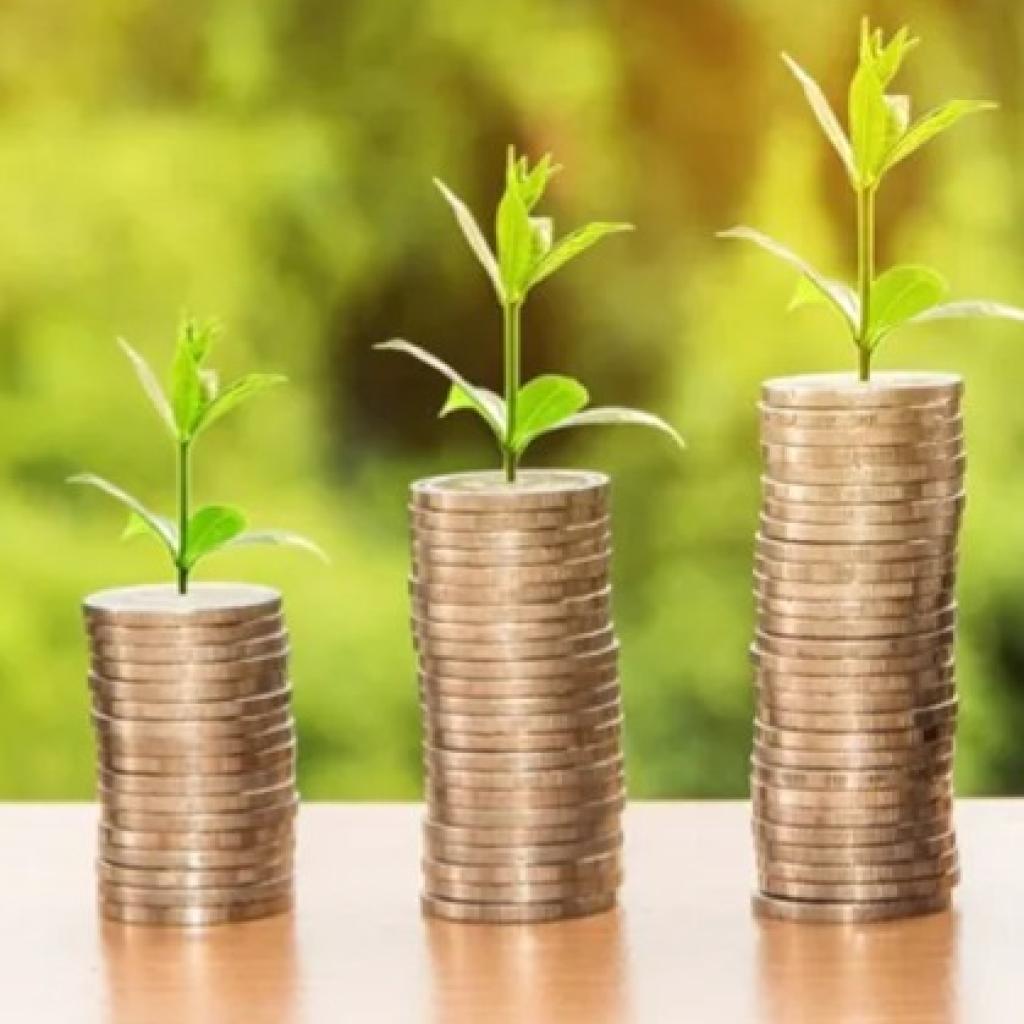Conceptualized by Dr. Ashwani Kumar
Talk and Workshop from 10:00 to 13:00
Part I: CPR from 10:30 am to 11:30 am
Short Talk on: Hands to Restart Heart to Save Lives by Cardio-Pulmonary Resuscitation (CPR) techniques.
By Prof Rakesh Garg, A.I.I.M.S, New Delhi
This technique helps to revive persons whose heartbeat or breathing may have stopped. This session will help participants to recognize and respond to cardiac arrest and give high quality CPR. This is a repetitive extensive training on CPR techniques
Followed by Demonstration and performing of CPR techniques including Automated External Defibrillators (AED) by the participants.
Organized by Dr. Ambuj Roy, Professor of Cardiology & Head, Skill, e-Learning & Telemedicine Facility, A.I.I.M.S., New Delhi. Conducted by Prof. Rakesh Garg, A.I.I.M.S., New Delhi, & associates.
Part II: From 11:30 am to 1:00 pm
‘Meaningful Life Despite Arthritis, with Rehabilitation Medicine!’
Organised & conducted with a short talk by Dr Sanjay Wadhwa, Prof. & Head, Department of Physical Medicine & Rehabilitation, AIIMS, New Delhi.
(Strictly for IIC members & staff members only)
At 16:00
A short talk on Freedom from Arthritis, Move Freely Again: The Gift of Joint Replacement
By Dr Vijay Kumar, Professor of Orthopaedics A.I.I.M.S., New Delhi
Joint replacement surgery is a transformative procedure that significantly reduces chronic joint pain and restores mobility for individuals with severe arthritis or joint damage. It offers a renewed chance to move freely and embrace an active, fulfilling lifestyle.
Followed by Panel Discussion on
Restoring Mobility with Conservative Treatments/Joint Replacement
Panellists: Dr Vijay Kumar, Professor of Orthopaedics A.I.I.M.S., New Delhi; Dr. Sanjay Wadhwa, Prof. & Head, Dept. of Physical Medicine & Rehabilitation, A.I.I.M.S., New Delhi; Dr. Danveer Bhadu. Addl. Prof., Dept. of Rheumatology, A.I.I.M.S., New Delhi
Chair: Dr Ashwani Kumar
Followed by interactive Q & A session with the audience

